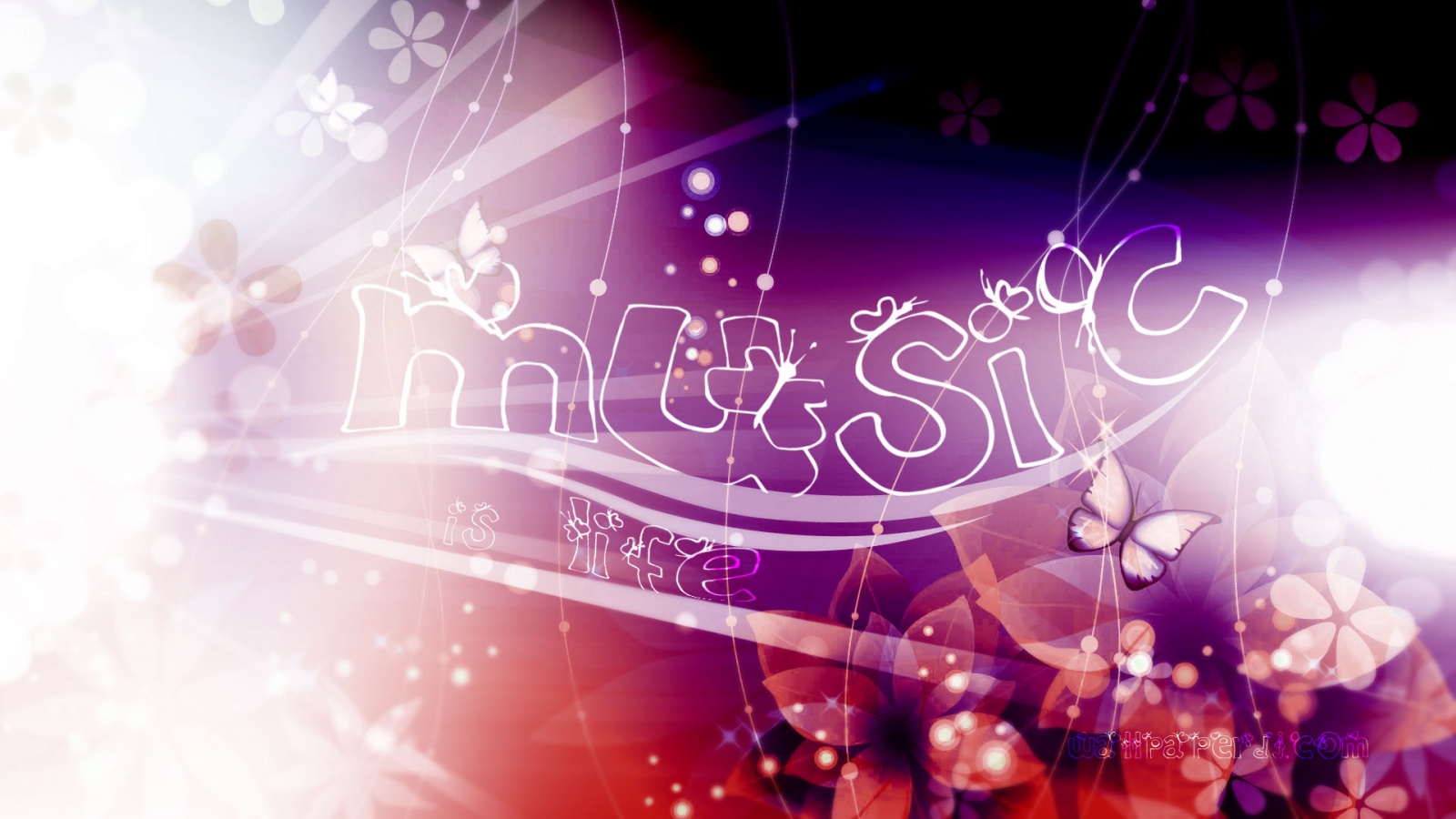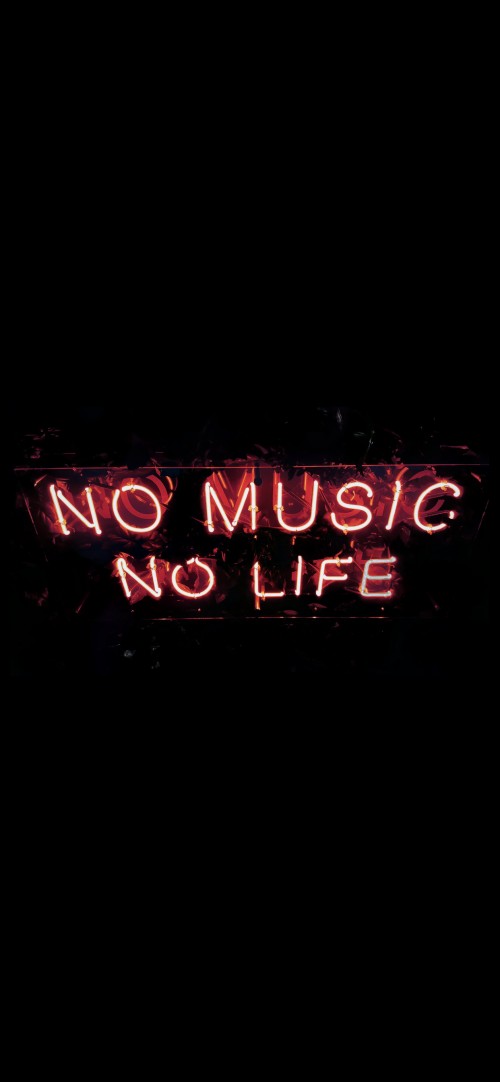
Not because it really moves the listener or pushes the envelope - quite the opposite in fact. Not only does reducing hours of the artist’s blood, sweat and emotional toil to Coffee Morning Concentration feel a bit unedifying - marketing music purely as an aid to facilitate or concentrate on something else entirely, constitutes the thin edge of the wedge for creativity.īland, generic music prevails quite because it’s functional

This musical ‘tasking’ - reducing music to a simple functional operation sets a dangerous precedent. Playlists are categorised less so by genre and increasingly instead after the moment you’re lead to believe you should listen to them in. Instead of asking ourselves how much does this song affect me? Now more than ever, the way that music is marketed to us as insatiable consumers is for it to be defined by its everyday usefulness to us, in some pseudo-Marie Kondo fashion. Simply charged with making the dullest of tasks just vaguely more bearable - as opposed to being something we do or enjoy in its own right Music is becoming increasingly functional. In short, music is overworked and underpaid.

As we approach the end of what has been a monumental decade in terms of the way music consumption has shifted, it’s worth taking stock of how our relationship with this great art form has been fundamentally altered by streaming and subscription platforms.


 0 kommentar(er)
0 kommentar(er)
